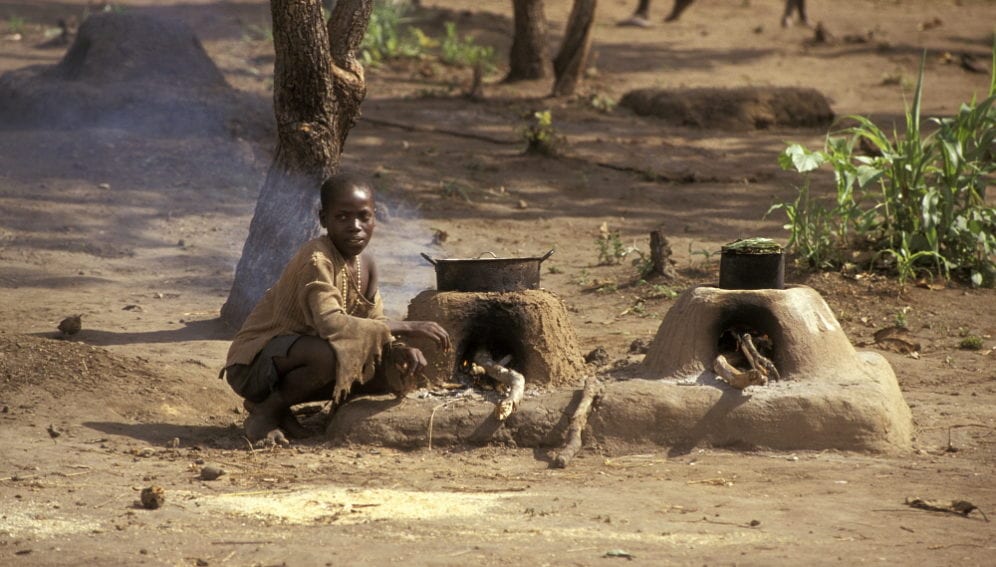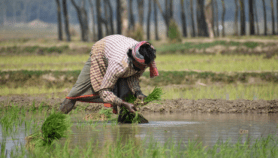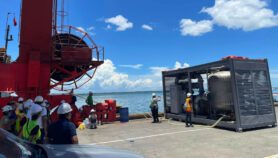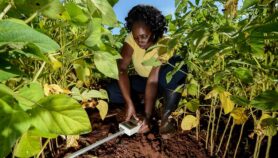By: Noshua Watson
Send to a friend
The details you provide on this page will not be used to send unsolicited email, and will not be sold to a 3rd party. See privacy policy.
Academic energy research does not go far enough to address developing countries’ needs, SciDev.Net reported this month — part of a wider call by experts for more research on practical solutions such as cookstoves, bicycles and lighting. The lack of research relevance shows the gap between research and creating products that poor people can actually buy.
Commercialising products for use in developing countries requires input from key groups — such as potential suppliers and poor consumers — about what would be required to take a product to market. For example, suppliers may lack access to the quality raw materials and inputs, business financing or the know-how needed for production. And many consumers may be unable to afford new products or additional distribution costs often tagged onto products aimed at remote areas.
The experience of a private sector initiative in Nigeria shows the need to bring a practical energy solution to market — as well as the challenges of doing so.
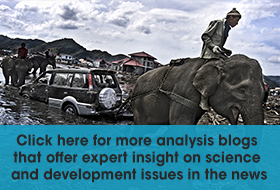
Oando, Nigeria’s largest indigenous oil company, created an inexpensive portable LPG (liquefied petroleum gas) cookstove that it distributed through its gas stations and through specially installed roadside stands in poor neighbourhoods. [1] Most low-income Nigerian households cook using kerosene, firewood or charcoal, which create indoor air pollution — second only to poor water, sanitation and hygiene as a cause of death due to environmental factors. [2] The LPG cookstoves also promised to cut carbon emissions from people switching away from biomass cookstoves and from Oando selling gas that it would otherwise have burned off as waste.
Before Oando began selling the gas cookstoves, only 1.7 per cent of targeted households had one. In 2012, it sold 90,000 of the stoves. But there were numerous challenges to bringing the product to the mass market: design, reaching new customers, pricing and financing, working with business partners and distribution.
In terms of design, the cylinder had to be light enough to be carried on foot, but still be safe, durable and refillable. But the cost of the first cylinder of gas plus the cooking ring was still too high for low-income households.
To address this, Oando worked with social investment firm Alitheia Capital to create a business plan that would be viable at affordable prices and to partner with local microfinance institutions that would fund payment plans for potential buyers.
And although Oando had its own service stations, it also created a new distribution channel: micro-entrepreneurs selling the cookstoves in roadside stands.
This case study shows how creating practical energy solutions requires a set of commercial skills in addition to research and development. [3,4] Creating resources for sharing information about commercialisation, and making links between researchers and businesses, can close that gap. The Practitioner Hub for Inclusive Business (originally funded by the UK Department for International Development’s Business Innovation Facility) is one way to enable such sharing. The facility has created an online platform for sharing knowledge on market research, testing business models, developing supply chains and bringing products to market.
Disclaimer: Noshua Watson helped the Business Innovation Facility develop its evaluation methodology and did field research to support its evaluation of Oando.
Noshua Watson is a business and technology researcher who specialises in the role of the private sector in international development. She has worked in media, academia and the private sector, including for Fortune magazine, the Institute for Development Studies (UK), and technology consultancy firm Accenture.
References
[1] Oando, affordable clean cooking fuels for Nigerian households (The Practitioner Hub, accessed 23 October 2014)
[2] Nigeria — country profile of environmental burden of disease (WHO, 2009)
[3] Take your partners: Large companies and collaboration in the Business Innovation Facility portfolio (Inside Inclusive Business, Business Innovation Facility, July 2013)
[4] Needs or wants? Unravelling demand, affordability and accessibility when selling to the base of the pyramid (Inside Inclusive Business, Business Innovation Facility, August 2013)


